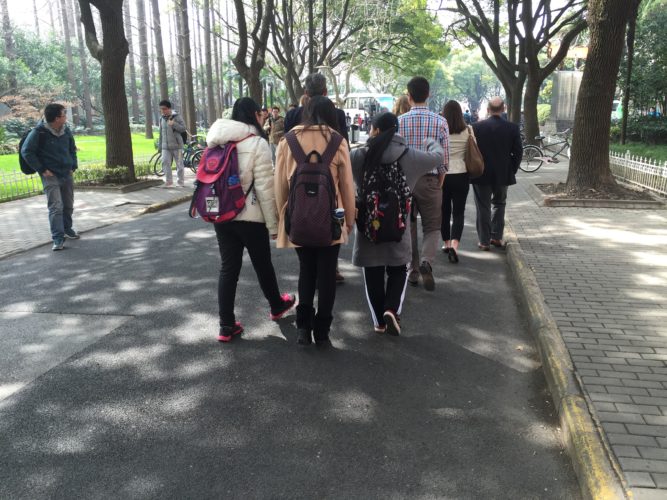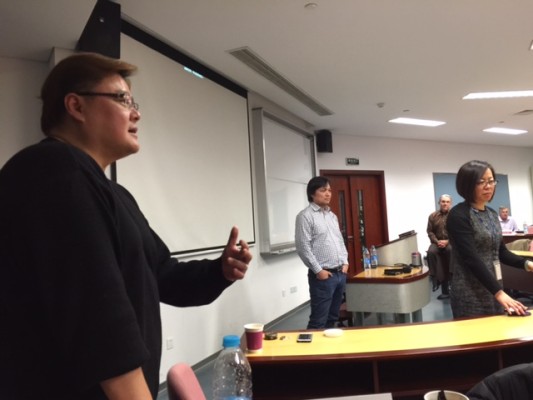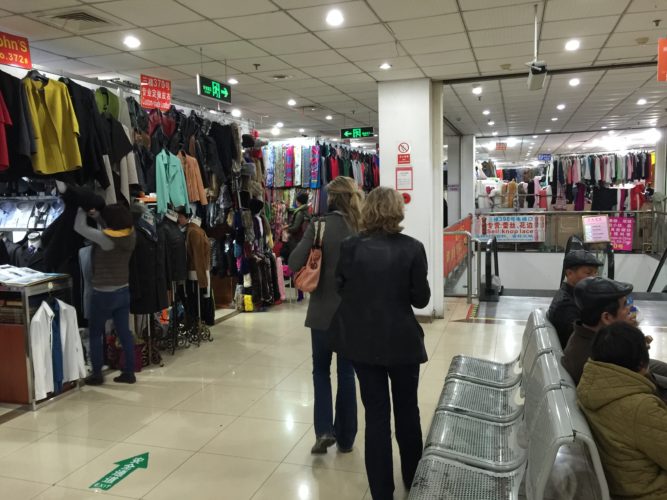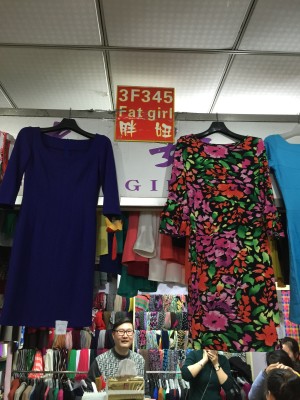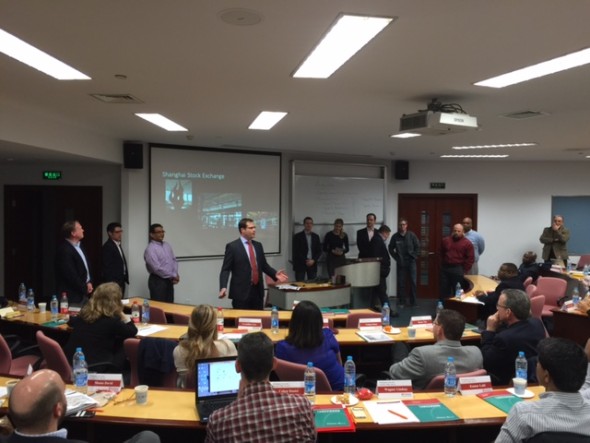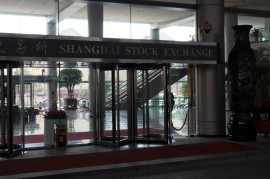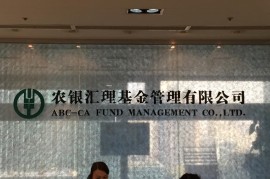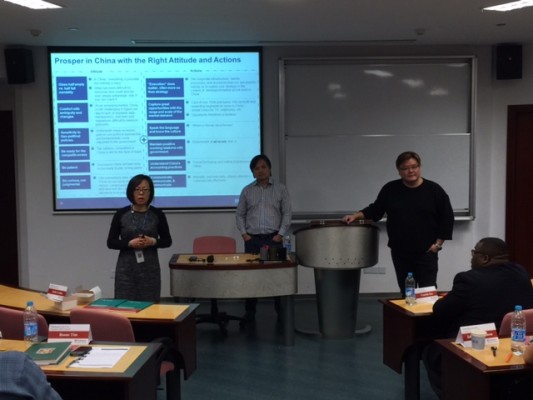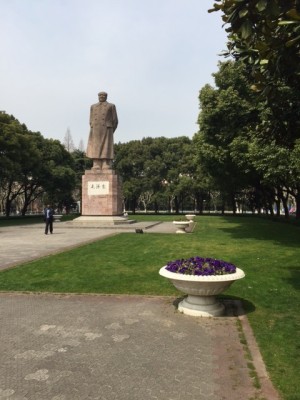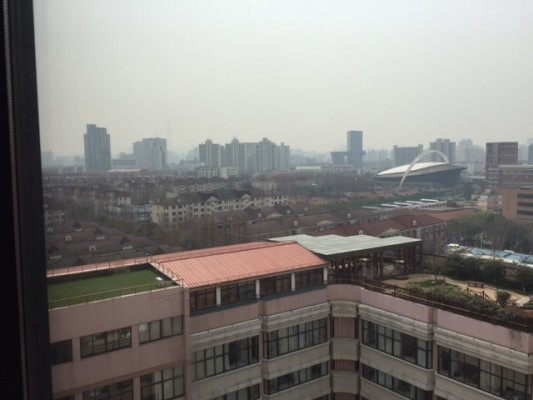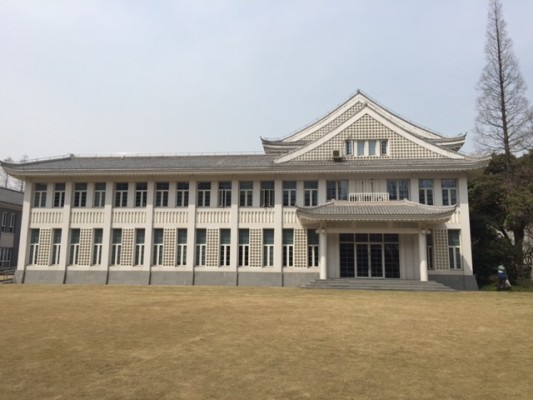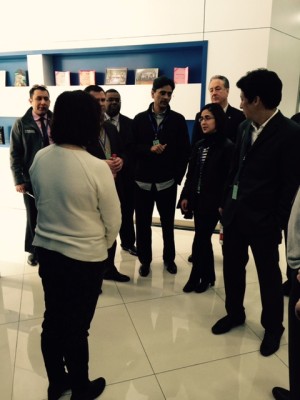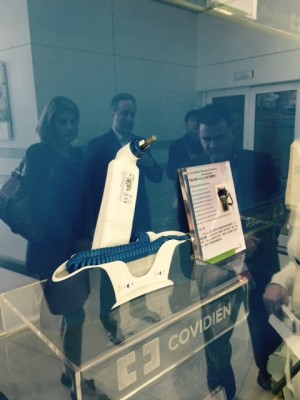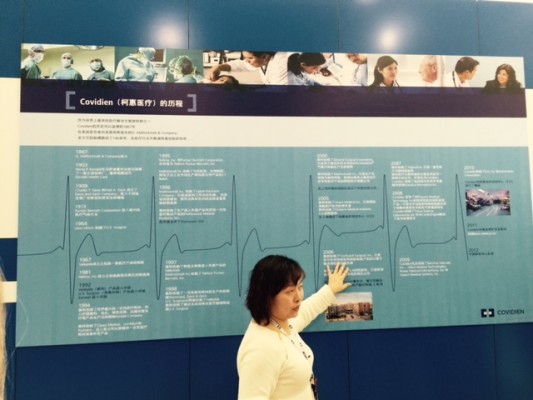One of the things that surprised me in China was witnessing the “Family Planning Policy”–known in the West as the “one-child policy“– first hand.
When the Chinese government instituted the policy in 1980 as a way to get in front of population growth and other problems, couples were discouraged from having more than one child, punishable by a tax so significant that no one could afford it. Different provinces implemented the policy differently: for example, urban areas adhered more strictly to the policy than rural areas. The government began loosening the requirements in the 2000s, and in November 2013 relaxed the policy to the point that if both members of a couple are from one-child families, they can have two children without paying the tax.
What surprised me was how often the topic of the policy came up in our discussions of business in China; how during my short stay in Shanghai I never saw a Chinese family with more than one child; and how it changed my perspective on my own family and on the social liberty I take for granted in the U.S.

Binghou Han, Recruiting Officer, Washington University-Fudan University EMBA Program, far right. From left to right, Garrett Ray, Julie Thiessen, Jim Young, and Tanya Yatzeck, all EMBA 43. Photo by Kathryn Graham.
At our dinner with Washington University-Fudan University EMBA students on the opening night of our International Residency in Shanghai, I sat next to Binhou Han, Recruiting Officer for the Washington University-Fudan University EMBA program.
She told me that she has a young daughter, aged 22 months. The toddler had been living with Binhou Han’s parents outside of Shanghai, but would be moving back to join Binhou Han and her husband that week. Next I asked, “Do you have any siblings?” I immediately felt like an idiot as she shook her head and said, “No, one-child policy.” This response stayed with me the whole time I was in China, as I could pretty much count on any person I talked to to give this same answer.
The next day, during our briefing with representatives of the U.S. Department of Trade, Seth Patch, Foreign Service Officer, and graduate of Fudan University, made the point that the one-child policy has played a significant role in the booming business of Chinese studying in the United States.
Patch said, “At first the Chinese studying abroad were the elite. Then graduate students. Now it’s almost even with undergraduate and graduate students, and there are some high school students. At some point, when you have 275,000 Chinese students studying in the United States, as we do now, they aren’t all going to get management level jobs back in China. These aren’t Chinese millionaires, they are Chinese middle class. There is one kid, two parents, and their two parents–a total of six adults doting on the child. They will do anything to provide a prosperous fortune for that child. The student knows they are responsible for those adults and has to be able to take care of them.”
Chester Yang, Bunge China CEO, opened his remarks to our class during our Fudan University session with the topic of the one-child policy. For Bunge, the issues of food security and safety relative to population are significant factors in their mission. “There have been 6,000 famines in China in the last 2,000 years,” said Yang. Without population growth, the demand for food doesn’t grow, but neither can one offspring per family feed all six of their aging parents and grandparents. Yang explained that the loosening of the policy in 2013 had led to moderate population growth to counter the aging trend.
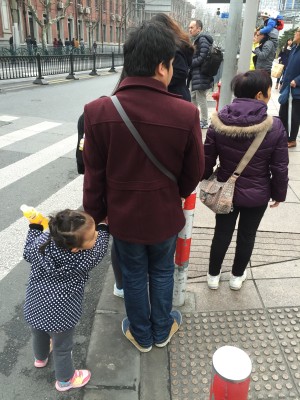
Shanghai family on Nanjing Road.
As I observed the adorable and well-dressed children of Shanghai Chinese, I was haunted by their absent siblings. As one-of-two daughters in my immediate family, with two half siblings, and with two of my own children and three step-kids, I can barely fathom what it must be like to grow up in a world of children without siblings. There are no large, extended families. There is no one to show you the ropes when you head off to junior high–as my older sister did for me–or to the US for that matter. Which is why I found the cluster of girls in the main photo of this post so poignant. These three college students, undoubtedly all only children, are finding sisterhood at school as they prepare for the daunting task of supporting their aging parents and grandparents. Maybe their children will have an easier time of it.


